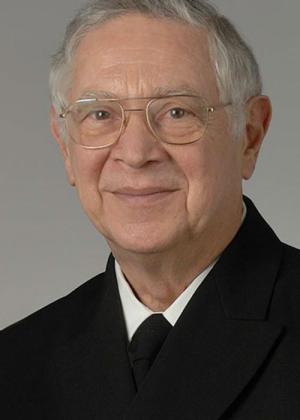As the first cancer prevention director at the National Cancer Institute, Peter Greenwald, M.D., Dr.P.H., came in with an attitude that “prevention means doing something” in contrast to then-prevailing concerns about solely identifying carcinogens to avoid. He founded the new division of cancer control and prevention in 1981 after Congress earmarked $30 million for it in the amended National Cancer Act, and remained director until 2011.
Dr. Greenwald is considered central to the creation and growth of the field of cancer prevention, having developed a research framework that progresses from discovery to intervention to application in the real-world population. In the early 1980s, scientific debates lingered as to whether cancer control research was feasible. As such, “prevention” research then studied causality, etiology, and epidemiology, with nothing that involved intervening. His time in the New York Public Health Department as director of cancer control from 1968 to 1978 and at the Epidemic Intelligence Service at the Centers for Disease Control helped develop his view that while research on causality and mechanisms was important, to be “prevention” there needed to be intervention—action both to lower the occurrence of cancer and to bring down cancer risk.
Dr. Greenwald led the creation of the NCI community oncology program to engage local non-academic physicians, and the implementation of the first major clinical trials of agents (tamoxifen and finasteride) to prevent breast and prostate cancer. The Prostate, Colorectal, Lung, and Ovarian Cancer Screening Trial (PLCO) was carried out under his direction, and data and samples from this cohort are used in research to this day. NCI prevention research priorities then, as now, also include biomarkers, early detection, nutrition, and symptom management.
In pressing the notion that an epidemiological association was not enough evidence of cancer prevention, Dr. Greenwald championed the need for definitive data from randomized controlled clinical trials. He initiated numerous trials in the U.S. and around the world, including in China and Finland, with multiple cancer prevention interventions to evaluate many of the different agents that were found to be associated with reduced cancer incidence in a variety of observational cohorts. He attained the rank of Rear Admiral in the U.S. Public Health Service Commissioned Corps and served as Assistant Surgeon General. To learn more about Dr. Greenwald, read his three-part interview at the Office of NIH History & Stetten Museum.

